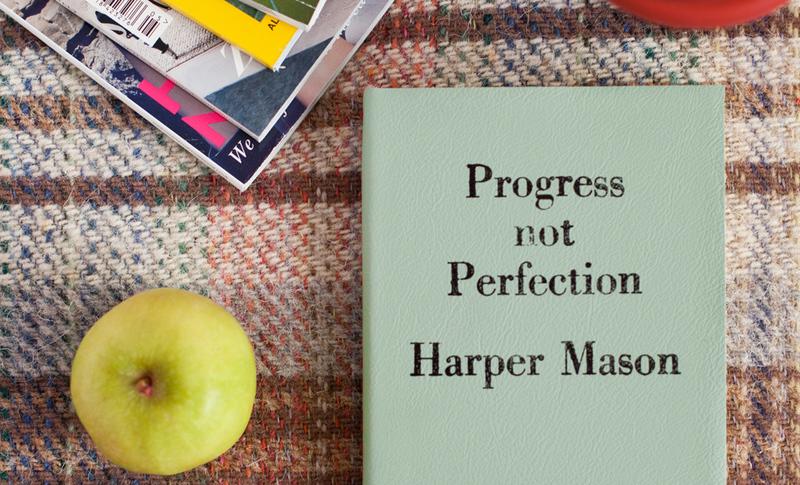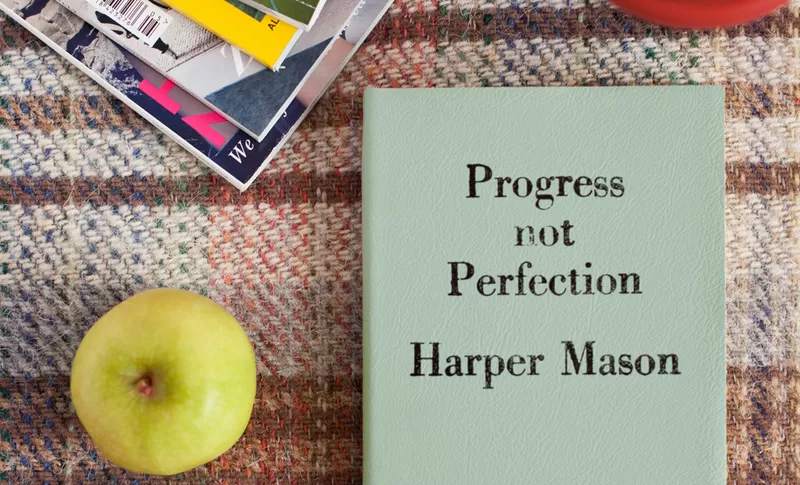
Ask Yourself These 7 Questions to Be a Better Artist
Содержание:
- What are my goals for the next year? Five years?
- How do I define success for myself?
- What is the driving force behind what I am currently making?
- What are my creative strengths and skills and where do I need improvement?
- How do I feel when my work is criticized and how can I work with this?
- What elements of this career bring me the most stress?
- What do you want your artistic legacy to be?
- Once you’ve answered the question, be sure to record it in your notes so that you can get a better picture of your life and mission as an artist, as it develops over your lifetime.

You know how to lay down the perfect brush stroke. You know the right proportions, rule of thirds, and color theory. You have mastered the “how-tos” of making your work—have you laid out the “whys” of your art practice?
Setting a clearly defined personal manifesto of sorts can help guide your art business in the right direction.
Take some time to think about your answers to the following 7 questions and reflect on how they can improve the way you view your career.
What are my goals for the next year? Five years?
Ask yourself, “as an artist and an entrepreneur, where can I improve over the next year?” Art coach and co-founder of Yanina Gomez suggests that artists only compare their work with where they want to be. Instead of looking at where other artists are in their career or what they are making, give yourself concrete goals. She advises giving yourself both six and one year goals which will lead to a healthy and realistic approach to your growth.
Her advice? “If you want to grow, only compare yourself to yourself.”
How do I define success for myself?
Take the time to commit to paper how you define—and continue to redefine—your artistic success. The idea of “success” is a loaded concept that varies from person to person. Challenge both your own assumptions and others about what it means to be successful. Is it landing that big solo show, being financially independent, or creating work you feel proud of?
What is the driving force behind what I am currently making?
What are you trying to achieve with your work? Understanding what you are trying to say, make people feel, or innovate will act as a guiding light in times of self-doubt. When you have an artistic mantra to work with, it helps the smaller and more mundane tasks seem like they are part of a larger picture.

What are my creative strengths and skills and where do I need improvement?
What do you feel most confident about in terms of my achievements and artwork? Being honest with yourself about what you are great at, and what you are not so good at, can help inform your direction as an artist. Have you spent years mastering a very specific technique that blows people away? Capitalize on that by holding workshops or seminars.
Alternatively, perhaps you know you are terrible at accounting. That’s ok, too. It’s tough to be good at everything. Knowing where you need to ask or hire others to help you it is as important to your business success as making the work itself.
How do I feel when my work is criticized and how can I work with this?
Being criticized definitely doesn’t feel good. However, as an artist, you are constantly putting yourself out there and inviting that risk into your life. How you deal with criticism is especially important both for your well being and continued success as an artist.
Coming up with a plan for coping with criticism can help you avoid crumbling in its presence or letting it hold you back from taking risks. Ask yourself how you can take in feedback in a healthy way. Do you need to separate yourself for a day or two from the critique? Do you need to remind yourself what your goals are with a certain piece? Or ask yourself where the criticism is coming from?
Develop a strategy for how you deal with these blows to the ego, so that you can process them and move on. You definitely don’t want lingering criticism hanging around when you are in the studio making new pieces. If you find that you are thinking about what people are going to say about a certain work while you are creating it, it can negatively affect you. Creating and critiquing are two different processes—try your best to separate them.
What elements of this career bring me the most stress?
There are tons of studies that , but that seems laughable when you are up against a deadline, pulling all-nighters, or trying to make ends meet after a less than successful month or two. Occasionally ask yourself what brings you stress in this path. Is it financial burdens? The social anxiety of presenting your work? The inherent uncertainty of a career trajectory as an artist?
By asking and answering this question for yourself, you will be able to come up with an informed solution to reducing this stress. Whether it be getting a side income if you are worried about bills, practicing talking about your art to ease your opening night jitters, or making a concrete business plan to give yourself structure, there are ways to decrease the amount of stress you feel as a practicing artist.
What do you want your artistic legacy to be?
Think about what you want to be remembered for both as an artist and a person. The really incredible thing about being an artist is that you leave physical objects for future generations to interpret, hold, and admire. In good condition, your paintings or sculptures can last hundreds or thousands of years. What do you want these paintings to say about you, your life and the world around you? It’s, of course, a big question. But continuing to ask yourself this question will help guide your artistic practice.
Leave a Reply